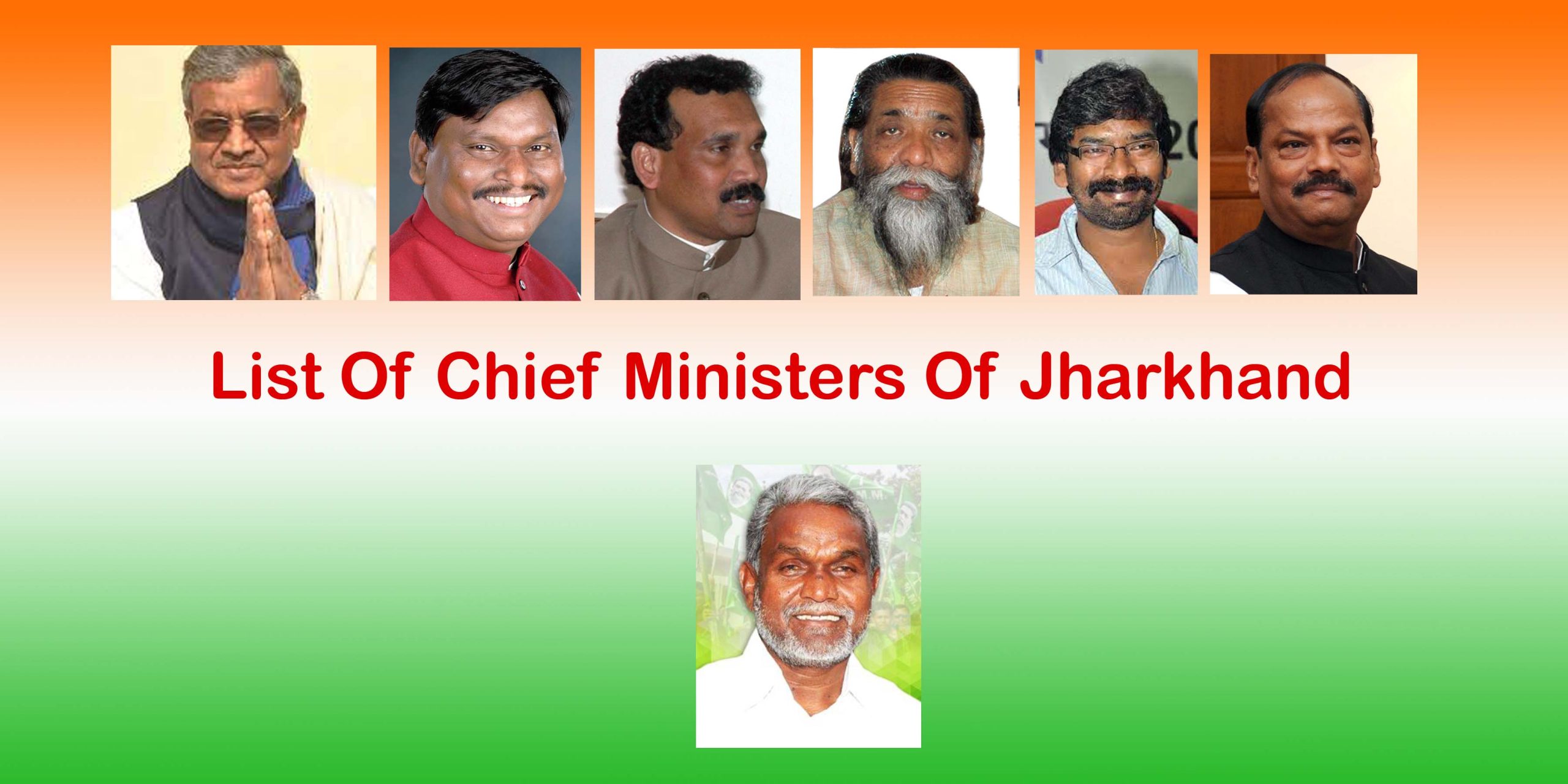
A Journey of Chief Ministers of Jharkhand Since Independence
Since it became its state on November 15, 2000, Jharkhand has been known for its incredible natural wealth, a mix of different cultures, and some significant challenges in politics and society. A Journey of Chief Ministers of Jharkhand Since Independence plays a crucial role in guiding the state through these ups and downs. In this blog, we will take a closer look at a Journey of Chief Ministers of Jharkhand Since Independence. We’ll explore who they were, what they did to make a difference, the hurdles they faced along the way, and their impact on the state.
A Journey of Chief Ministers of Jharkhand Since Independence blog post aims to delve into the tenures of Jharkhand’s Chief Ministers, exploring their backgrounds, key contributions, challenges faced, and the legacies they’ve created in shaping the state’s destiny.
A Journey Through Leadership: Jharkhand Chief Ministers Since 2000
Babulal Marandi (2000-2003)
In 2000, Babulal Marandi took office as the first Chief Minister of Jharkhand. He brought a solid background in social activism and a deep knowledge of the state’s tribal culture. He was instrumental in guiding the early development of the state. Babulal was instrumental in laying down the governance framework during its nascent stage.
Key Contributions:
- He built the groundwork for how Jharkhand’s government would work, focusing on improving schools and healthcare.
- He introduced plans to help the tribal communities and listen to their concerns.
- He worked on growing the state’s industries while ensuring the protection of the environment and respect for tribal people’s rights.
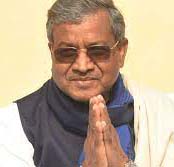
Challenges:
- Setting up a working government system in a new state facing many social and economic issues was tough.
- Growing the state’s industries while protecting nature and ensuring respect for the rights of tribal communities posed a challenge.
- He also had to deal with disagreements within his political party and other issues that eventually forced him to resign.
Legacy: People remember Marandi for focusing on improving life for tribal communities and making that a big part of the state’s plans for progress. He also set an example for how to run the new state’s government.
Arjun Munda (2003-2006, 2010-2013)
Arjun Munda became Chief Minister not long after Marandi. He’s been in charge several times and is known for pushing forward development and improving things like roads and buildings in Jharkhand.

Key Contributions:
- They led big projects to build better roads and make cities more excellent places to live.
- They pushed for more industry and tech jobs to create more work opportunities and help the state’s economy grow.
- They have started programs to help people get better education and healthcare, especially for those who don’t have much and for tribal groups.
Challenges:
- Dealing with shaky politics and working with coalition governments made it hard to keep policies steady.
- Working out issues with tribal groups worried about their land rights and being moved because of new industrial work.
- Stepping up security efforts to handle the threat from Naxalite-Maoist groups causing trouble in the state.
Legacy: Munda is known for trying to bring Jharkhand up to date, even as he navigated through the tricky waters of working with different political groups and handling security issues.
Madhu Koda (2006-2008)
Madhu Koda was the third person to take on the role since Jharkhand became its state in 2000 and was still figuring out how to manage and grow. Even though Koda only had a little experience in prominent government roles, his strong ties to local communities made people hopeful he could make the most of Jharkhand’s rich minerals for the state’s benefit.
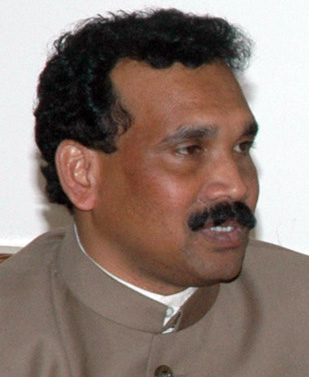
Key Contributions:
- Building Stuff: Koda’s team worked on improving the state’s basics, like building roads and bringing electricity to rural areas to help people get around and connect more easily.
- Mining and Business Growth: He tried to stimulate Jharkhand’s economy by encouraging more mining and business activities, Taki, and utilising the state’s natural resources. Out Koda, he launched programs aimed at helping people who don’t have much, especially those in tribal communities, to give them a better shot at a good life.
Challenges:
- Trouble at the Top: Koda’s time in office was troubled by accusations of corruption, especially related to mining. These accusations resulted in legal problems and investigations, which took the spotlight away from the good things his administration did.
- Unequal Wealth: Although he tried, Koda found it challenging to close the significant gaps between the rich and the poor in Jharkhand. Many people didn’t see the benefits of the state’s rich minerals.
- Environmental Worries: The focus on mining and expanding industries raised concerns about environmental harm, such as land damage and impacts on tribal communities’ homes. It became challenging to strike the right balance between generating state revenue and preserving the environment.
Legacy: Most people remember Koda because of the immense major corruption scandal that occurred while he was in charge. This scandal became a hot topic in Jharkhand’s politics.
Shibu Soren (2008-2009, 2009-2010)
Shibu Soren is a big name in Jharkhand’s politics and society. Boosting the Economy and Business: Das’s team enhanced the economy by creating regulations that simplified business investments and growth, especially in mining and manufacturing. They aimed to harness Jharkhand’s abundant mineral resources effectively for the state’s benefit.
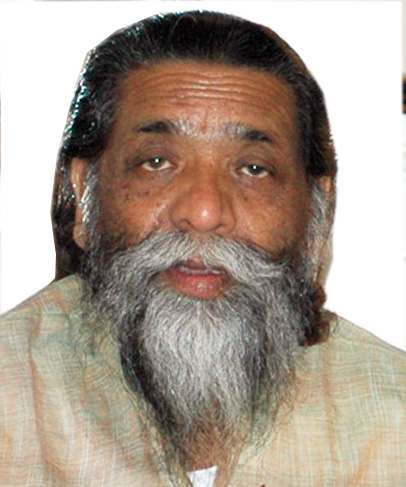
Key Contributions:
- Helping Tribal Communities: Soren focused on protecting the rights of tribal people and started programs to improve their lives.
- Taking Care of Natural Wealth: He knew how vital Jharkhand’s minerals were, so he worked on managing mining carefully to ensure local areas could benefit from it.
- Building Up the State: Soren pushed to improve infrastructure, such as roads and buildings, especially in the countryside, to help the economy grow and make it easier for people to get around.
Challenges:
- Shaky Politics: Soren’s time as leader was full of political ups and downs and issues with coalition partners, making it hard to keep policies steady and get things done.
- Questions of Honesty: Like the leaders before him, Soren had to deal with accusations of corruption, which made people doubt how well his government was working and its ability to improve the state.
- Growing Responsibly: During his leadership, figuring out how to use Jharkhand’s natural treasures wisely without harming the environment while still trying to boost the economy and industries was a big puzzle.
Legacy: Despite all the controversies, what stands out about Soren is how much he did for tribal communities and how hard he worked to solve their problems.
Hemant Soren (2013-2014, 2019-2024)
From the Jharkhand Mukti Morcha (JMM) party, Hemant Soren is a big name in Jharkhand’s political scene. He is known for his work on helping people, fighting for tribal rights, and growing the economy.
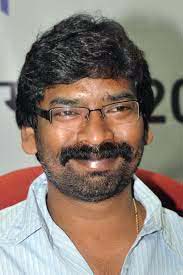
Key Contributions:
- Enforce rules that protect tribal lands and support their rights, ensuring strict implementation of laws like the SPT (Scheduled Tribes and Other Traditional Forest Dwellers) Act.
- He worked on making schools and hospitals better to help people who don’t have a lot.
- He started projects to build things and bridges to make it easier for people in the county to get around the side and cities to get cities to find the right balance between growing industries and taking care of the environment and tribal rights.
Challenges:
- Solving joblessness and ensuring everyone gets a fair share of the state’s goodies.
- He fought corruption and made the government’s work more transparent and open.
Legacy: Soren cares about fairness and works hard to ensure everyone in Jharkhand benefits and grows together.
Raghubar Das (2014-2019)
Raghubar Das introduced new ways of doing things. He focused on improving the economy, developing the state, and stabilising a place that often saw political shake-ups. During his time, he worked hard to help Jharkhand grow by supporting more businesses, improving infrastructure like roads and bridges, and changing policies for the better.
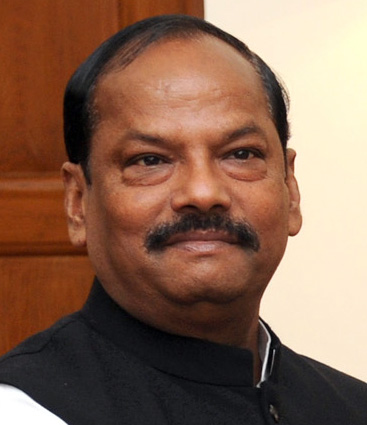
Key Contributions:
- Boosting the Economy and Business: Das’s team concentrated on boosting the economy by establishing rules that facilitated more accessible investment and growth for companies, particularly in the mining and manufacturing sectors. They aimed to effectively utilise Jharkhand’s rich mineral resources to benefit the state.
- Making Better Roads and Cities: The team put a lot of effort into upgrading the state’s roads, developing cities, and providing electricity to everyone. They did all this to support economic growth and enhance the quality of life for the people.
- Helping People Out: His government started many programs to help with schools, health care, and ensuring everyone had some financial security, primarily aimed at helping people who didn’t have much and tribal groups.
Challenges:
- Issues with Land and Nature: Efforts to expand industries and develop the state led to difficulties in land acquisition, displacement of people, and environmental damage. These efforts triggered widespread discussions on achieving growth without harming the planet or overlooking the rights of tribal groups.
- Problems with Running Things and Corruption: They encountered management issues while trying to make improvements. Allegations of corruption and inefficiency in specific government sectors highlighted the need for increased transparency and accountability.
- Gaps Between People: Even with the push to boost the economy, there was still a big gap between rich and poor people, especially noticeable between city and countryside folks. Closing this gap was a big hurdle.
Legacy: During his tenure, he was recognised for his commitment to economic stability, improving infrastructure like roads and buildings, and establishing a solid foundation for ongoing growth in the state.
Champai Soren (2024-Present)
Champai Soren, becoming the leader in 2024, introduces new ideas to Jharkhand’s governance. He focuses on sustainable growth, employs the latest technology, and ensures fair treatment for everyone.
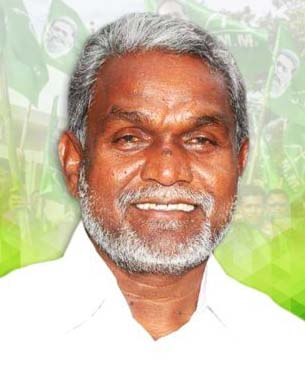
Key Contributions:
- Although we’re still waiting to see his actions, there’s a lot of hope that his plans will focus on making the state more eco-friendly, integrating more technology into governance, and bolstering programs that assist people.
- He has high expectations for addressing climate change, enhancing our digital infrastructure, and upgrading schools and healthcare facilities.
Challenges:
- He has the enormous task of helping Jharkhand recover from the pandemic and strengthen its economy.
- He needs to figure out how to keep up with fast tech changes while keeping in touch with the state’s traditions and taking care of the environment.
- Another big challenge for him is ensuring the state is safe while keeping everyone getting along and feeling included.
Legacy:
- People expect Champai Soren’s leadership to involve moving forward with plans that include everyone and are suitable for the planet.
- He’s also looking to use new technology to improve governance and help people be more innovative.
Conclusion:
The Chief Ministers of Jharkhand have faced various challenges, such as shaky politics, significant differences in wealth, worries about the environment, and concerns about tribal communities. Each has impacted the state’s growth, showing what matters most to Jharkhand as it changes. As Jharkhand progresses, these leaders’ successes and challenges offer valuable lessons in effective leadership, state development, and treating everyone fairly.
On Postswirl blogging site, In a Journey of Chief Ministers of Jharkhand Since Independence, take a closer look at their achievements. The hurdles they faced and the difference they have made in bringing the state forward.




